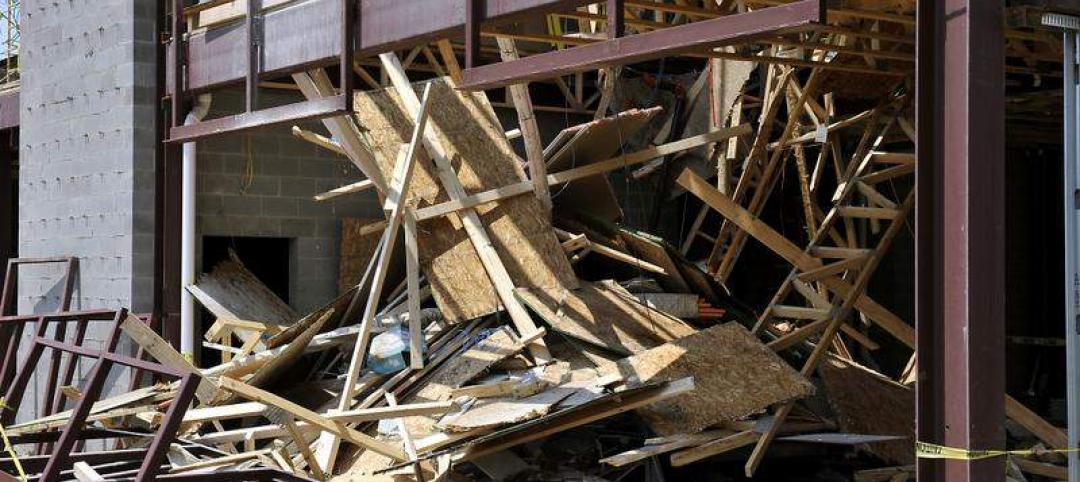The Occupational Safety and Health Administration (OSHA) has clarified employers’ responsibility to track workplace COVID-19 virus infections.
OSHA’s recordkeeping rule requires employers to include in federally mandated logs any work-related illness that leads to a worker missing a day or more on the job or receiving medical treatment more substantial than first-aid. The new guidance says that only employers in the health-care industry, emergency response organizations such as police and fire departments, and correctional institutions will have to determine whether employees contracted the virus on the job.
Construction contractors, manufacturers, and other employers won’t have to make that determination unless there’s “objective evidence that a Covid-19 case may be work-related” and “the evidence was reasonably available to the employer.” OSHA’s new guidance says objective evidence could include “a number of cases developing among workers who work closely together without an alternative explanation.”
OSHA had announced in early March that coronavirus cases would have to be recorded. Industry groups, including construction organizations, said it would be too unwieldy to determine if an employee became sick at a work site or contracted the disease elsewhere.
Related Stories
| Sep 20, 2012
AGC awarded federal grant to provide fall-protection safety program
The Associated General Contractors of America will continue to provide fall protection safety training next year after being awarded a federal safety grant.
| Sep 20, 2012
East Lansing officials accused of ignoring unauthorized project that led to partial building collapse
The unauthorized construction of a fifth-floor penthouse on a downtown East Lansing, Mich. mixed-use development led to a partial building collapse earlier this year.
| Sep 20, 2012
Reflective roofs could reduce rainfall in Arizona
Green standards may have to take into account the impact of reflective roofs on rainfall in the desert Southwest.
| Sep 20, 2012
Earth Advantage Institute offers green certification for small commercial buildings
Earth Advantage Institute announced a new green building certification aimed at new or substantially remodeled small commercial buildings built to green standards.
| Sep 14, 2012
To create more pedestrian-friendly neighborhoods, Chicago unveils safety plan
As more urban mixed-use and residential developments aim to encourage residents to walk and use mass transit, cities are addressing pedestrian safety.
| Sep 14, 2012
Worker killed in Brooklyn building collapse; overloaded floor decking blamed
One worker was killed after he and others plunged 40 feet through an unfinished upscale Brooklyn townhouse building.
| Sep 14, 2012
NRCA University offers photovoltaic class
NRCA University will offer a class called “Photovoltaic Roof Systems: Energizing Your Business” Oct. 16 in Philadelphia.
| Sep 14, 2012
Costa Rica’s strict building codes prevent major damage in powerful quake
The relatively little damage from a 7.6 earthquake was due in large part to strict building codes in Costa Rica, a country that has long enjoyed more stability, better governance, and stronger economic development than many of its Central American neighbors.
| Sep 14, 2012
Building codes should require continuous connection from roof to foundation, says IBHS chief
“One of the most effective ways to greatly increase a building’s strength and safety during hurricanes, tornadoes and straight-line windstorms is to be sure the building is tied together properly,” says Julie Rochman, president and CEO of the Insurance Institute for Business & Home Safety (IBHS).
| Sep 7, 2012
Related Companies and unions agree to wage-cutting deal on Hudson Yards
The Related Companies has won wage-cutting agreements with four dozen construction unions in its efforts to save money on the $15 billion development of Hudson Yards.

















